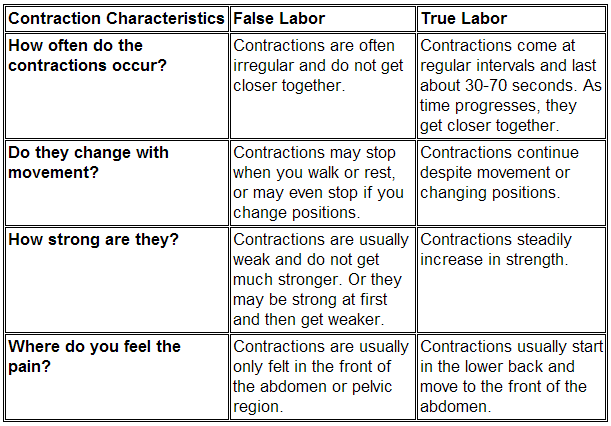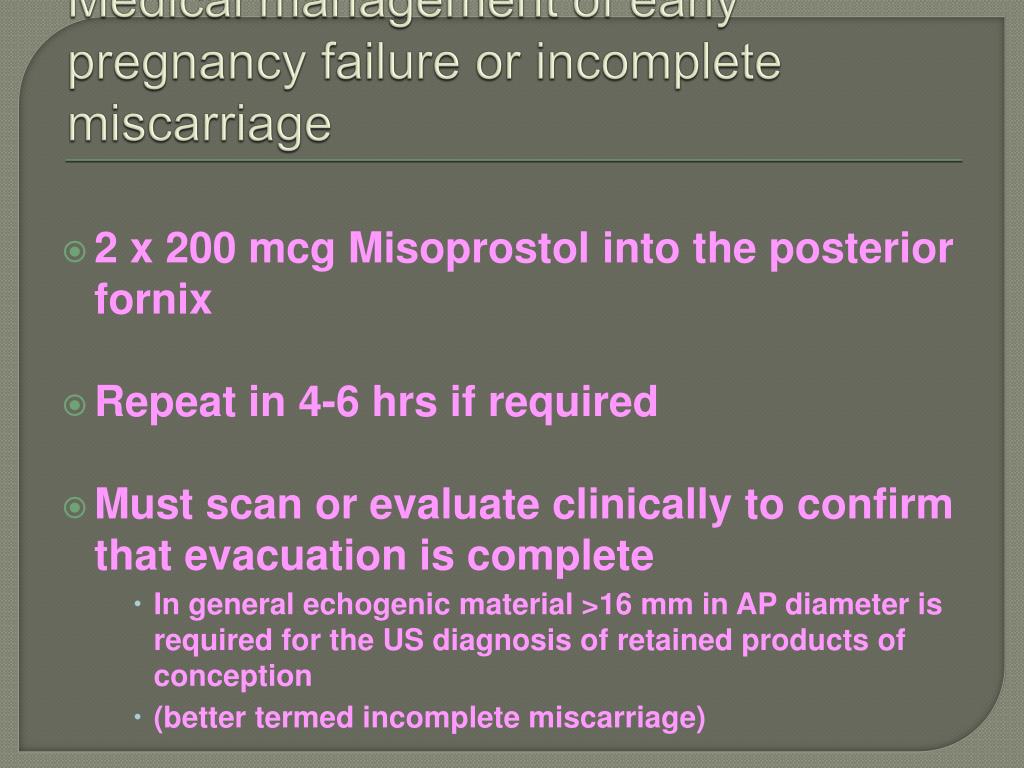How to discipline a child for stealing
Why Kids Steal -- and What to Do About It
Find out why kids steal, and discover how to put an end to a stealing.
In this article, you will find:
- Page 1
- Page 2
Page 1
Why Kids Steal -- and What to Do About It
Point 1: Kids steal. Little kids steal a lot—from poor impulse control. It's a developmental stage; they want it, they take it. Older kids often steal, too. Your child is probably not evil or destined for life in prison.
Point 2: Of course it's not acceptable. It's embarrassing, shocking, and angering.
In this section, we'll talk about petty, occasional small-scale stealing.
Kids steal for any number of reasons:
- Poor impulse control, as I mentioned above.
- To be cool and impress her friends.
- When somebody else has a one-of-a-kind something she wants or needs.
- To get back at somebody (stealing a bully's lunch money).
- When she wants or needs something, she doesn't have enough money, and you can't afford it either.
- When she's afraid to ask you for the money for this particular object (condoms, a bra), or feels too embarrassed to purchase it.
- When she may not be able to legally purchase something (beer, cigarettes).
- Because it's fun; kids enjoy taking risks, and in a society that is careful to protect kids as much as possible, stealing provides a risky, thrill-provoking activity.
- During times of stress. What else is going on in your child's life?
It's a Good Idea!
When your child is caught stealing, try to emotionally separate yourself from the action. The fact that your kid is stealing is not a reflection on your parenting skills. Take comfort in the fact that most kids who steal do it only occasionally, as a crime of opportunity. And most do it poorly (which is why they get caught).
It's a Good Idea!
If your child needs to pay off damages and she doesn't have any money, you can pay the damages and have her work off her debt. Be fair now! Consider keeping the consequence more in line with the misbehavior than the actual monetary amount of damages. The main idea is to teach her to never do it again. You might take some of it as a financial loss, with an eye for the future.
Be fair now! Consider keeping the consequence more in line with the misbehavior than the actual monetary amount of damages. The main idea is to teach her to never do it again. You might take some of it as a financial loss, with an eye for the future.
Here's what you can do if your child is caught stealing (or if you catch her yourself):
- Use disapproval. Immediately make it clear that you don't tolerate this behavior. No, it's not okay.
- Talk with your child. Try to determine why she's stealing, what the motivation is, if this is a regular thing, if she's done it before. Don't grill her. Don't berate, embarrass, scare, or ridicule your child, unless you want to end the conversation and gain no information at all.
- Talk about values and ethics. Keep this part short, not a lecture, just a reminder.
- Have the child make restitution, helping her if you need to. This means she needs to return the merchandise, or pay off damages.
- Tell your child that you are watching her behavior, that she has lost some trust, and that she needs to re-earn it.
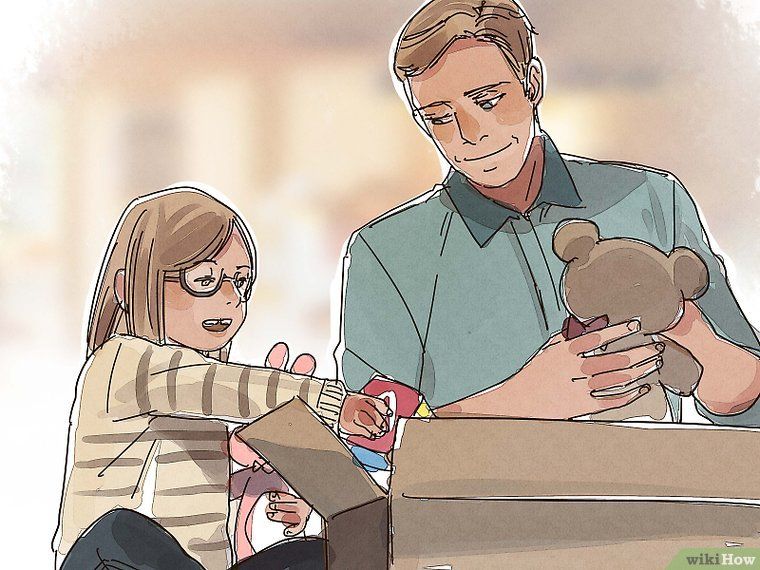
- Assess the situation. Be honest with yourself. Is there a pattern here? If your kid is stealing frequently, or the stealing is combined with other misbehaviors, seek professional help.
Next: Page 2
Stealing | Parenting Articles | Positive Discipline
Sign Up for Our Newsletter
Question:
First, let me say that your book Positive Discipline has been immensely helpful. I read it when my son was five (he's ten now) and I buy a copy for all the new parents I know ( along with the "Read-Aloud Handbook" by Jim Trelease). So thank for writing the book!
My son gets up before me in the morning and gets himself ready for school. We've been having a problem with him taking things that don't belong to him. We've found some of our belongings (watches, pocket knives, comic books) in his backpack.
I've asked him to stop many times but he doesn't.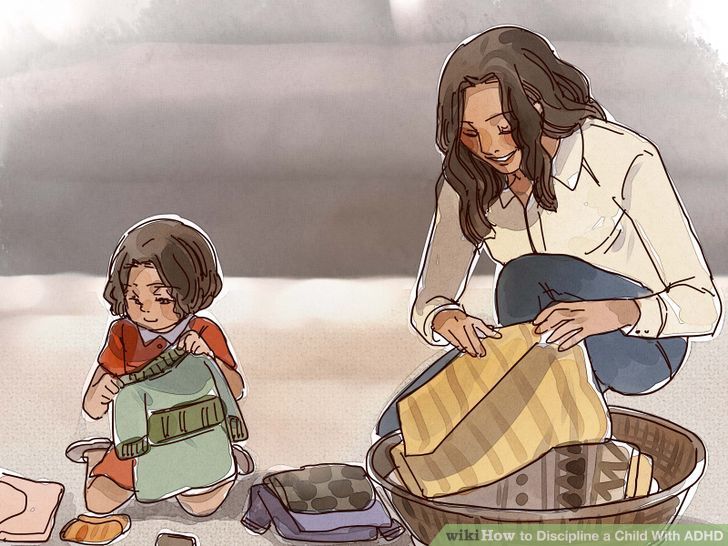 As for the pocket knives he said he wanted to carry one because I did. I stopped carrying mine and left out where he could see it and now I no longer carried one. However, I still don't know what to do with him about the other things he takes. This has been going on for at least a year.
As for the pocket knives he said he wanted to carry one because I did. I stopped carrying mine and left out where he could see it and now I no longer carried one. However, I still don't know what to do with him about the other things he takes. This has been going on for at least a year.
Please help.
Answer:
Following is an excerpt from our book Positive Discipline A to Z I hope you find it helpful:
"Money has been disappearing from my purse and from the kids' piggy banks. My twelve-year-old daughter insists she hasn't taken it, but I notice she is buying lipstick, nail polish, and treats for her friends that she couldn't possibly afford from her allowance."
Most children will steal something at least once (probably most of our readers did too when they were children). When they do, most parents overreact. In their panic, parents often accuse a child of being a thief or a liar. Parents often take extreme measures like spanking, grounding, and other punitive solutions, so their children don't grow up to be thieves. Judging and punishing kids only makes the situation worse. Any parental intervention that is punitive and deals only with the behavior, and not the underlying problem, makes the situation worse.
Judging and punishing kids only makes the situation worse. Any parental intervention that is punitive and deals only with the behavior, and not the underlying problem, makes the situation worse.
Suggestions
- If something has been stolen, focus on a plan for replacing the item or money rather than on pointing fingers or calling names. Tell your child that the stolen article must be replaced, and you need her help in figuring out a plan for replacing it. If necessary, advance her the money to replace it. Work out a payment plan she can handle and deduct it from her allowance each week. Keep a payment record, so she can see how she is doing.
- Give children a chance to replace a stolen item and save face by saying, "I'm not concerned with who took the item, just that it be returned. I trust that sometime during the next hour the item will be put back where it belongs with no questions asked."
- When you know your child has stolen something, don't try to trap her by asking, "Did you steal this?" Tell her, "Honey, I know you stole this item.
 I did that once when I was little. I felt scared and guilty. How did you feel when you did this?" Continue with more what and how questions in a nonthreatening tone: "Have you ever thought about how the store owner might feel when things are stolen? How many items do you think store owners have to sell before they make enough money to pay their employees and rent, and still have enough left over for their needs? What could you do to help?" Many children have not thought about these questions, and you can help them become concerned for other people.
I did that once when I was little. I felt scared and guilty. How did you feel when you did this?" Continue with more what and how questions in a nonthreatening tone: "Have you ever thought about how the store owner might feel when things are stolen? How many items do you think store owners have to sell before they make enough money to pay their employees and rent, and still have enough left over for their needs? What could you do to help?" Many children have not thought about these questions, and you can help them become concerned for other people. - Support your child in returning stolen goods to the store. Instead of being punitive, show compassion. Tell your child, "I know this can be scary and embarrassing, but that is what we have to experience sometimes to correct a mistake. Store owners usually appreciate it very much when children are willing to admit they made a mistake and try to make it right."
- If toys appear that you know belong to a friend of your child's, simply say, "I'm sure Billy must be missing this.
 Let's call him so he knows it's safe and take it back as soon as we have time."
Let's call him so he knows it's safe and take it back as soon as we have time." - If you suspect your child is stealing to support a drug habit, get professional help. This is too hard to deal with alone.
Planning Ahead to Prevent Future Problems
- Many children steal because they believe they are unloved and don't belong. They think they have the night to hurt others since no one cares about them, and this hurts. It is called a "revenge cycle." Therefore, it is important to find ways to let children know they are loved. Separate the deed from the doer and show love while working out a plan to fix the problem.
- Often children steal because it is the only way they have to get what they want. Make sure your children have allowances that are realistic to cover their expenses while still fitting into the family budget. (Also, see Materialism.)
- Sometimes stealing occurs because money is laying out and is too tempting. Keep your money and valuables out of sight.
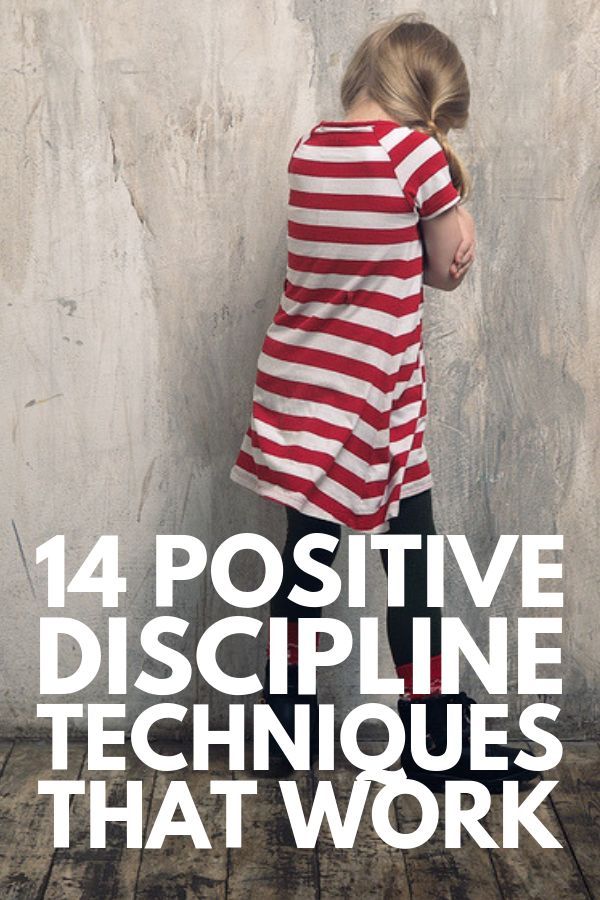 If you suspect one of your children is stealing from another, help the victim get a locked box for items she wishes to protect.
If you suspect one of your children is stealing from another, help the victim get a locked box for items she wishes to protect. - Children may steal from a sibling because they are jealous. Ask your children whether perhaps they think you favor one sibling over another. Listen to their responses for clues as to whether you are on target. Tell them that feeling jealous is natural, and that you love them very much. Discuss what you find special about them and be sure it is positive and not critical.
- During another family meeting, help children "explore" the consequences of stealing before it happens. (If stealing has already occurred, be sure this conversation is friendly and generic instead of focused on an individual.) Do this by asking what, why, and how questions: "Why do you think someone might steal? What are the consequences of stealing? What do we need to do in our family so we can all feel trust and safety?"
- Convey a message of unconditional love that does not include rescuing.
 In other words, let your children know what you will do instead of trying to control what they will do as in the following two examples: To a teenager who was stealing hubcaps and car parts to support his pot habit: "If you go to jail, I will love you and I will bring you cookies, but I will not bail you out." To a ten year old who broke a toy he "borrowed" from a friend: "I will help you figure out how to solve the problem, but I will not solve it for you."
In other words, let your children know what you will do instead of trying to control what they will do as in the following two examples: To a teenager who was stealing hubcaps and car parts to support his pot habit: "If you go to jail, I will love you and I will bring you cookies, but I will not bail you out." To a ten year old who broke a toy he "borrowed" from a friend: "I will help you figure out how to solve the problem, but I will not solve it for you."
Life Skills Children Can Learn
Children can learn that they can save face and take care of the problem without losing the love and respect of their parents. Their financial needs are important and their parents can help them figure out ways to get what they want without stealing. They realize that they are not bad; they have just made a mistake that can be corrected.
Parenting Pointers
- Teens may steal for the thrill and for peer acceptance. It helps for them to get caught and be allowed to make restitution.
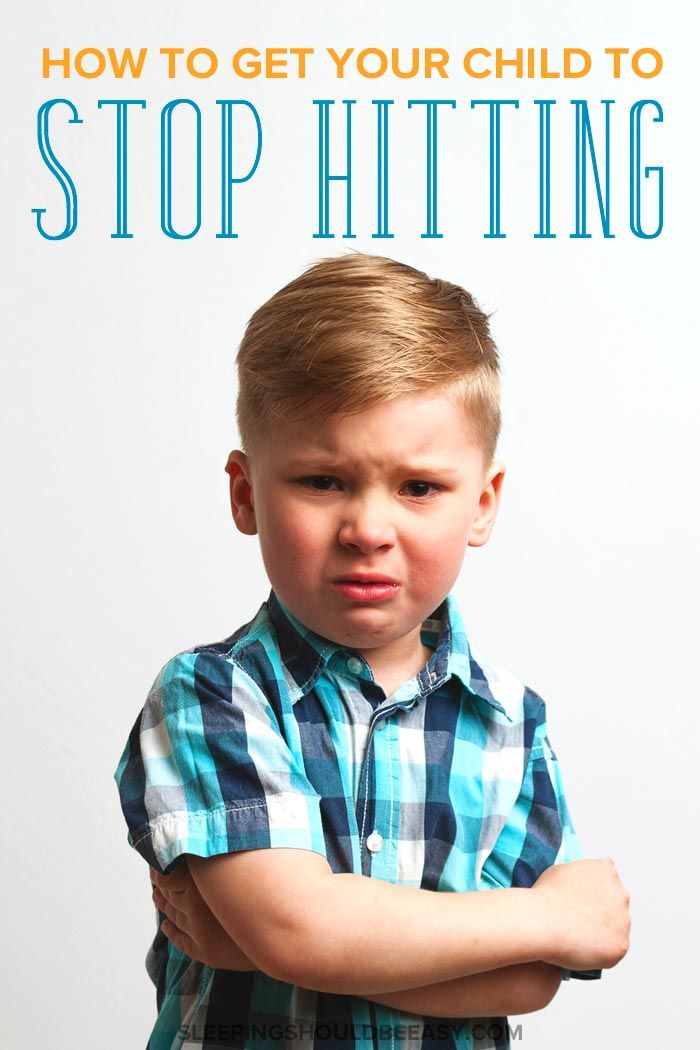 Don't rescue them or bail them out when this happens. Otherwise, they may think they are invincible and that no one can stop them.
Don't rescue them or bail them out when this happens. Otherwise, they may think they are invincible and that no one can stop them. - Dealing with a child's hurt feelings and the pain of feeling that she doesn't belong will stop stealing quicker than punitive measures.
Booster Thoughts
Rebecca came to a counseling session extremely distraught. She suspected her daughter Julie was stealing makeup from her and money from her brother. When the school called and said that food items were missing from a fund-raiser, that was the final straw. Rebecca was ready to send her daughter to jail.
In the past, Rebecca had handled incidents of stealing by confronting her daughter. Julie had responded by insisting she was innocent, even when the money or items were in her room. Then Rebecca would get angry and call her a liar and ground her for a week.
Rebecca decided to handle things differently this time. She told Julie the school called to say she was short on her food deliveries for the fund-raiser. Rebecca said she would be happy to advance Julie the money needed to make up the difference and take it out of her allowance each week until the bill was repaid. Rebecca asked Julie if she could handle seventy-five cents or a dollar a week.
Rebecca said she would be happy to advance Julie the money needed to make up the difference and take it out of her allowance each week until the bill was repaid. Rebecca asked Julie if she could handle seventy-five cents or a dollar a week.
Julie was caught completely off guard. She started to make excuses and her mother said, "Honey, let's just figure out how to replace the items." Julie replied, "Okay, how about a dollar each week?"
Julie's mother continued, "Someone said they saw you sharing what they thought were the missing items with your friends."
Julie began to defend herself. In the past, Rebecca would tell her daughter she was lying and an ugly scene would follow. This time, Rebecca said instead, "Julie, I'm sure your friends like you for who you are, not for what you give them. If you would like to entertain your friends, why don't you invite them over to make cookies and play?"
Julie said, "Yeah, maybe," but she gave her mother a big hug as she left the room.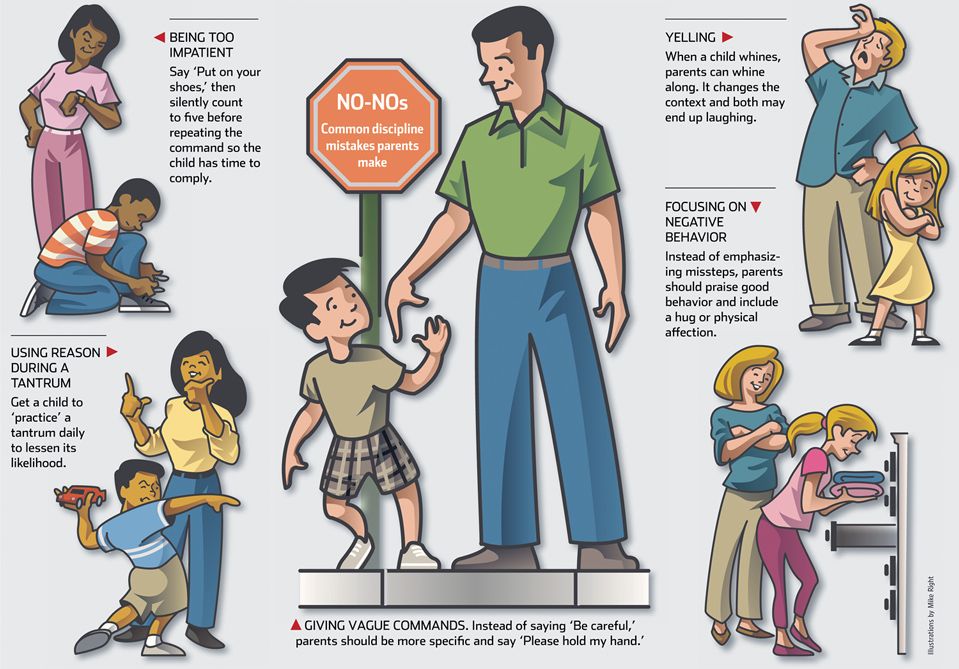 Julie stopped stealing when she learned she would be held accountable and have to pay for what she stole. Her mother closed the escape route of defensiveness and power struggles when she showed unconditional love and stopped labeling and shaming Julie, while dealing directly with the problem. She had also dealt with underlying issues such as improving their relationship, boosting Julie's self-esteem, and the importance of focusing on solutions instead of blame.
Julie stopped stealing when she learned she would be held accountable and have to pay for what she stole. Her mother closed the escape route of defensiveness and power struggles when she showed unconditional love and stopped labeling and shaming Julie, while dealing directly with the problem. She had also dealt with underlying issues such as improving their relationship, boosting Julie's self-esteem, and the importance of focusing on solutions instead of blame.
Many more solutions are available in Positive Discipline A to Z.
What to do if you find out that the child is stealing?
| |
10.06.2021 12:21 Views: 5777 It's a real shock to find out that your son or daughter has been caught stealing, or to discover signs of suspicious behavior yourself. “Recently I started noticing strange things in my son (12 years old). Either he will bring a new slime from school, or he will throw a T-shirt that I did not buy into the wash. To my question: "Whose is it?" replies: “Mine. You just forgot" or "I bought this with pocket money." And I know for sure that this is a lie. Usually, if a son gets something for himself, he immediately shows it. Yesterday the teacher called me to school. Things began to disappear from the children in the classroom, and perhaps my son is stealing it. Then I remembered that the other day I myself had not counted the money in my wallet, I thought that I had lost it in the store. I do not know what to do. How can I talk to my son? Why does he do it? We buy everything for him…” Why do children start stealing?Reasons for stealing in adolescence can be very different: Violation of the rules the child seeks parental attention I want, and no one can tell me” · Teenagers test the boundaries of what is acceptable. A teenager does not buy things that are quoted among his peers, he is looking for a way to get the desired thing in order to be accepted into the pack do it differently How to react if you find out about the theft?Try to calm down and prepare for a serious conversation with your child. Until you know the reason for the act, scolding a child is not only useless, but also risky. If stealing is a form of protest, then you will only make things worse. The primary task is to understand the child, because he may not realize what prompted him to such actions. Removing the cause will make stealing unnecessary for the child. State the theft “I got a call from school today. Your classmate in PE lost his T-shirt. Gotta get her back. (“I didn’t take it.”) I saw it at your place. If you don’t return it, I will have to hand it over myself or compensate for the loss. Deal with the motivation of the actSeriously and calmly tell him that you understand how uncomfortable he is now, when everything has been revealed, and that it is important for you to understand why he did it. Discuss the following: - How long ago did this start? — What prompted you to steal the first time, and what again? — What changed after these things were in his hands (in his self-confidence, in his communication with the guys)? — Ask how, in his opinion, the relationship with the children and teachers at school will change? What could this situation mean for him? From what your child says in response to these questions, it will be clear what need is hidden behind this. Discuss the consequences Make it clear that stealing has many negative consequences, and makes life very difficult not only for the person who committed the offense, but also for his whole family. Tell us about the legal consequences of stealing for a teenager and about punishment - theft can human life. It all depends on the severity of the offense. A gift for a thiefTalk about fixing the situation. Agree with the teenager that he will return everything he took. Discuss how he will do it and how he will explain his action to the guys. For example, that he mixed up T-shirts, forgot about it, and when they announced the theft, he got scared. Be sure to apologize, but if possible, it is better to help the child present what happened as a misunderstanding in order to avoid bullying. V. Hugo's novel tells how a man stole several silver items from a priest who provided him with shelter and food. The gendarmes brought the thief to the priest's house to make sure that the valuables found on him were, as he claimed, donated. Come up with a punishmentIt is very difficult to choose a punishment that will help a teenager draw the right conclusions and not make him feel humiliated. If a child took money from you for the sake of profit, then this is a reason to deprive him of pocket money, give him an additional burden around the house and limit entertainment in order to show the value of money. If he wanted to show himself cool in front of the guys and did it "weakly", then it makes sense to help him understand how to show himself differently. Minimize temptations that may lead a child to act ugly. If theft is a problem in your home, make sure you don't contribute to it by leaving money or valuables unattended. Remember, stealing is often a way to get attention. Albeit in such a strange way. Analyze after what situations you pay the most attention to the child. If only after his misdeeds, then theft will be difficult to get rid of. Almost everything that children steal, they can get in another way, but for this you need to show honesty, independence, responsibility, etc. Celebrate, praise and consolidate all children's achievements more often, let's give more positive attention. And it is especially important to support the child as much as possible at the time of correcting his ugly deeds. And if you find it difficult to find the right words, the specialists of the Children's Helpline are always in touch ( Children's Helpline 88002000122 ). Number of impressions: 5777 Return to list 31.10.2022 17:11 (views: 514) "Round table" on the topic "Actual problems of prevention of destructive behavior among adolescents. The most dangerous types of destructive behavior. Prevention of violent behavior.28.10.2022 16:38 (views: 331) The working group on the facts of emergencies with minors at the municipal commission for minors and the protection of their rights in the city of Megion is in work28.10.2022 16:34 (views: 282) Municipal commission for minors and protection of their rights in the city of Megion at work27.10.2022 16:50 (views: 1174) Municipal commission for minors and protection of their rights in the city of Megion at work24.10.2022 16:42 (views: 126) The working group on the facts of emergencies with minors at the municipal commission for minors and the protection of their rights in the city of Megion is in work News 1 - 5 out of 1017
Regulations 1 - 7 of 7 |
The child steals. Punish or forgive?
Komsomolskaya Pravda
SocietySociety: PEDSOVIET
Svetlana DANILOVA
March 19, 2009 1:00
Her eight-year-old son Max was caught stealing at school. At recess, I stole a new pencil case from my neighbor. For a young mother, the child's prank turned into deep stress. It was embarrassing to look into the teacher's eyes. And Maksimkin's dad, Oleg, even took up the belt.
- He has these pencil cases - even open a stationery store! - in tears complains Rita. - What is it, there are not enough of his own?!
And it's true, I never saw Max need anything. The suits are from good stores, the knapsack is the most fashionable. Ritka and Oleg love their son and find time to communicate with him. And the thief grows?
Many parents catch children stealing. And often the “grabbing hands” of a child lead to completely unchildish conflicts - with relatives, classmates, teachers. Just because for us adults, stealing means to behave badly, to break the laws. And for them, children? We talked about this with a family and child psychologist, an employee of the psychological center "On Volkhonka" Maria Serebryakova.
Just because for us adults, stealing means to behave badly, to break the laws. And for them, children? We talked about this with a family and child psychologist, an employee of the psychological center "On Volkhonka" Maria Serebryakova.
IT IS NOT EDUCATION TO BE GUYED, BUT THE BRAIN
Children's theft begins in the yard sandbox. Most kids, as soon as they find themselves among their peers, they strive to take something worthwhile from another little one. A car, a toy or a bucket with molds. Parents of little thieves immediately sprinkle ashes on their heads: they raised them poorly! But it is not always the case.
- At a very early age, - comments Maria Serebryakova, - a child personifies himself with a toy. A bear or a doll is a continuation of his inner world. Therefore, it is so easy for very young children to appropriate someone else's and it is difficult to share their own. The kid, whether he is three years old or even nine years old, sometimes behaves unconsciously.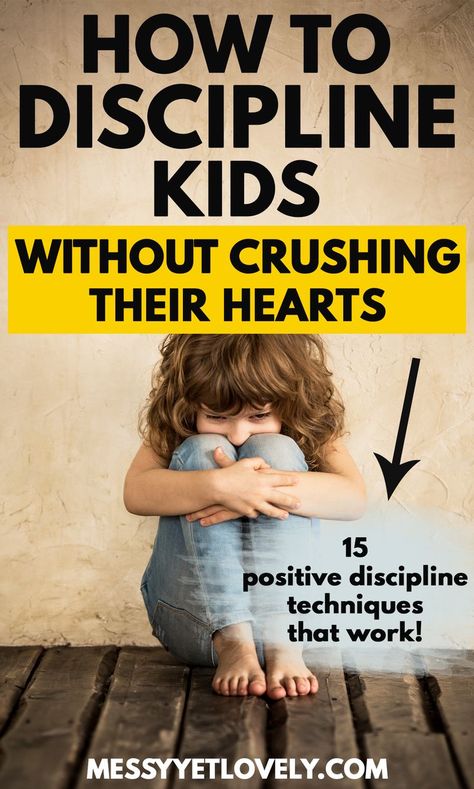 In fact, the basis of such theft is that the child has not yet fully formed some parts of the brain. They are responsible for controlling behavior and controlling emotions.
In fact, the basis of such theft is that the child has not yet fully formed some parts of the brain. They are responsible for controlling behavior and controlling emotions.
Psychologists even conducted an experiment: children 4-5 years old were locked alone in a room and put their favorite sweet on the table. Candy or cookies could be enjoyed right this minute. But if you wait 10 minutes, the child would be given three more exactly the same sweets. The most surprising thing is that out of a hundred children, either two or four were able to restrain themselves.
For a small child, taking someone else's thing is the same as eating a chocolate bar.
IF MOTHER IS A WEAK LINK
But one thing is stealing as a prank among children of preschool and primary school age. Another thing is when a fifteen-year-old overgrowth cynically empties his parent's wallet every other day.
Vanya is fifteen. His parents divorced when the guy went to first grade. Mom is making a career. Dad is a solid businessman. Every time, after the boy comes to visit his father, another mobile phone, a leather jacket, or a large amount of money disappear from the apartment. And the next day, Vanya suddenly has a new game console or fancy player.
Mom is making a career. Dad is a solid businessman. Every time, after the boy comes to visit his father, another mobile phone, a leather jacket, or a large amount of money disappear from the apartment. And the next day, Vanya suddenly has a new game console or fancy player.
- Almost all the cases I've come across in my practice are similar to Vanya's story, - the psychologist sighs. - Divorce. A tough father who pours out his love for his offspring in the form of rare gifts. A soft mother raising her son alone and forced to spend most of her time not at the stove, but at meetings. And therefore experiencing a terrible complex of guilt. She does everything she can for her neglected child. And the child is rude in response. And yes, it steals. In the language of psychologists, the trouble with such families is that the hierarchy is not maintained in relations between its members. The child controls adults, manipulates them. Considers himself cool, and parents - a weak link.
By the way, inveterate thieves grow up not only in incomplete or financially disadvantaged families (everything is clear here - mothers and fathers simply cannot provide their son or daughter with everything that his peers have). Hunger happens not only when there is nothing to eat. There is an emotional hunger. This is when a person, in this case a child, lacks warmth, love and care. And these important things cannot be replaced by a new computer or a trip to Disneyland.
Hunger happens not only when there is nothing to eat. There is an emotional hunger. This is when a person, in this case a child, lacks warmth, love and care. And these important things cannot be replaced by a new computer or a trip to Disneyland.
The algorithm is simple. A “hungry” (that is, deprived of attention) child simply tries to make up for the lack of emotions and the emptiness in the soul. And so zealously seeks to surround himself with the best, most beautiful and expensive, that he covets someone else's.
STEALING IS GROWING UP?
You will be surprised, but the fact that a child steals has not only minuses, but also pluses. Maria Serebryakova and many other psychologists are sure that the child's appropriation of someone else's thing should not go unnoticed and become a life lesson. Such a not weak sin, like theft, in childhood and adolescence is a stage of growing up and development, awareness of one's responsibility. Both kids and teenagers need to break the rules so that not in books, but on themselves to find out what is a crime and what is a punishment.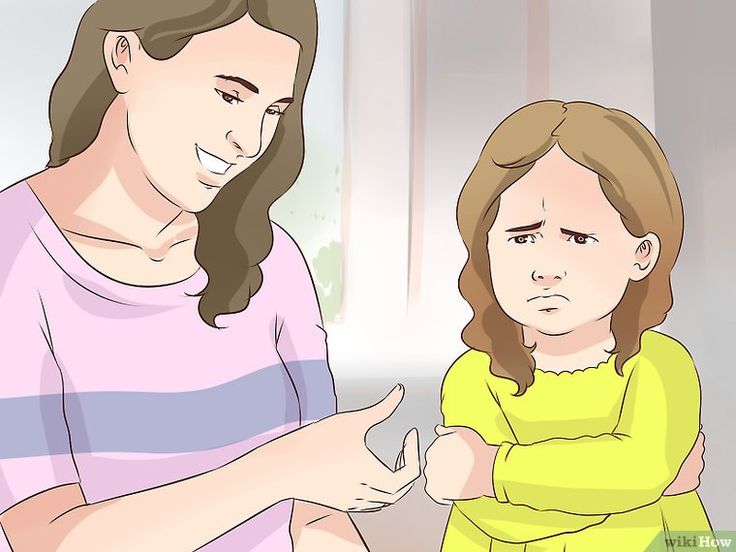
We talked today about "harmless", so to speak, theft. When a kid, out of pure curiosity or for some other reason, takes things from sandbox neighbors, classmates or parents.
But often we come across completely different, not so harmless stories: teenagers rob passers-by, extort money from younger guys... If the case smacks of crime, it is often too late to find a common language with the offspring. This is where toughness is needed. The first step is to pull the negligent child out of bad company! After all, the older the child, the more chances he has, coveting someone else's, to go to jail.
ADVICE TO PARENTS
How to behave if you caught a child by the hand
Psychologists advise: children under 9 should not be severely punished for misconduct. But by all means it is necessary to make sure that the kid learns a lesson from the misconduct. Children learn more from mistakes than adults.
If you see that your son or daughter has pocketed someone else's thing, do not force him to lie and come up with explanations of how this object got to him. Whatever “beautiful” legend he invented, he must understand that the very fact of the theft will not go unnoticed.
Whatever “beautiful” legend he invented, he must understand that the very fact of the theft will not go unnoticed.
Talk to the child, say that you understand the motives of his behavior. For example, that you also sometimes like things that others own. But explain why you never take someone else's thing without the owner's permission!
Consider the punishment. It shouldn't be cruel. It is not necessary to grab the belt. This may be the deprivation of traditional encouragement. Sometimes it's enough for the kid to see how he upset his parents with his misconduct. Raising in fear is wrong.
One of the main reasons pushing a child to steal is a lack of attention. You can resist the little thief if you build a truly close relationship with him, tell stories from your life and the lives of friends, from which the child will understand how to act and how not to.
NUMBERS
Sociologists say that theft is the most popular school crime. They make up about 60% of all incidents that happen in the classrooms and corridors of educational institutions. Most often, mobile phones become the object of attention of thieves. Second is school supplies. On the third - clothing items.
They make up about 60% of all incidents that happen in the classrooms and corridors of educational institutions. Most often, mobile phones become the object of attention of thieves. Second is school supplies. On the third - clothing items.
BY THE WAY
Why else are children attracted to other people's things?
Many boys and girls attack other people's things if they are insulted. By depriving their offender of their favorite toy, bicycle or mobile phone, they punish him in this way.
The younger generation is often prompted to steal by careless words of their parents. For example, if moms and dads speak disapprovingly of those adults who earn more, dress better and pamper their own children more often. A child can consider such words as an unspoken permission.
To bad deeds, including theft, children are often pushed by their peers. So that the squeezed and not the most lively boys and girls demonstrate their coolness with this act.
Age category of the site 18+
Online publication (website) registered by Roskomnadzor, certificate El No. FS77-80505 dated March 15, 2021
I.O. EDITOR-IN-CHIEF - NOSOVA OLESIA VYACHESLAVOVNA.
I.O. Chief Editor of the site - Kansky Viktor Fedorovich
Messages and comments from site readers are posted without preliminary editing. The editors reserve the right to remove them from the site or edit them if the specified messages and comments are an abuse of freedom mass media or violation of other requirements of the law.
JSC "Publishing House "Komsomolskaya Pravda". TIN: 7714037217 PSRN: 1027739295781 127015, Moscow, Novodmitrovskaya d. 2B, Tel. +7 (495) 777-02-82.
Exclusive rights to materials posted on the website www.kp.ru, in accordance with the legislation of the Russian Federation for the Protection of the Results of Intellectual Activity belong to JSC Publishing House Komsomolskaya Pravda, and do not be used by others in any way form without the written permission of the copyright holder.
 The teenager's mother called the Children's Helpline 88002000122 and told the following story:
The teenager's mother called the Children's Helpline 88002000122 and told the following story:  And if the theft is not revealed or ignored by adults, then this behavior is reinforced
And if the theft is not revealed or ignored by adults, then this behavior is reinforced  ” Talk about your feelings, your shame and disappointment. It is important that you speak calmly and confidently, without blaming or swearing.
” Talk about your feelings, your shame and disappointment. It is important that you speak calmly and confidently, without blaming or swearing.  Talk about a tarnished reputation, relationships with guys, how he is now unlikely to be invited home for birthday parties, he will not be trusted, etc.
Talk about a tarnished reputation, relationships with guys, how he is now unlikely to be invited home for birthday parties, he will not be trusted, etc. 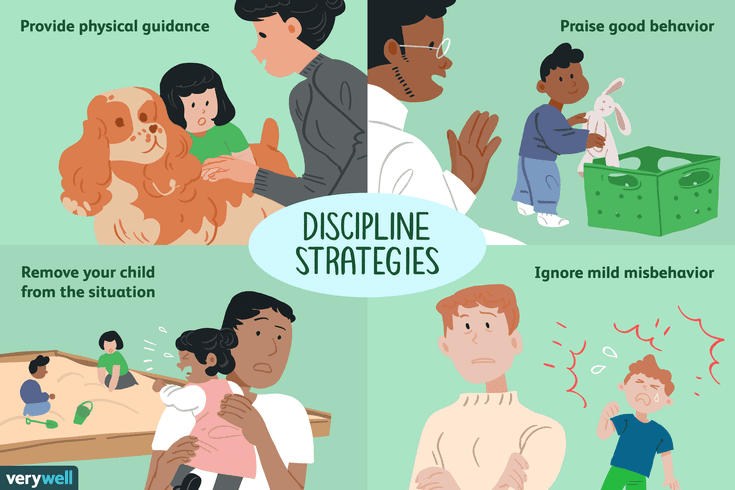 The priest confirmed his words. This "donation" of precious silver turned out to be the reason for the hero of the novel to lead a virtuous lifestyle in the future. Perhaps your help in this difficult situation for the child and the fact that you, in spite of everything, remain on his side, will help him realize his act and not repeat it in the future.
The priest confirmed his words. This "donation" of precious silver turned out to be the reason for the hero of the novel to lead a virtuous lifestyle in the future. Perhaps your help in this difficult situation for the child and the fact that you, in spite of everything, remain on his side, will help him realize his act and not repeat it in the future. 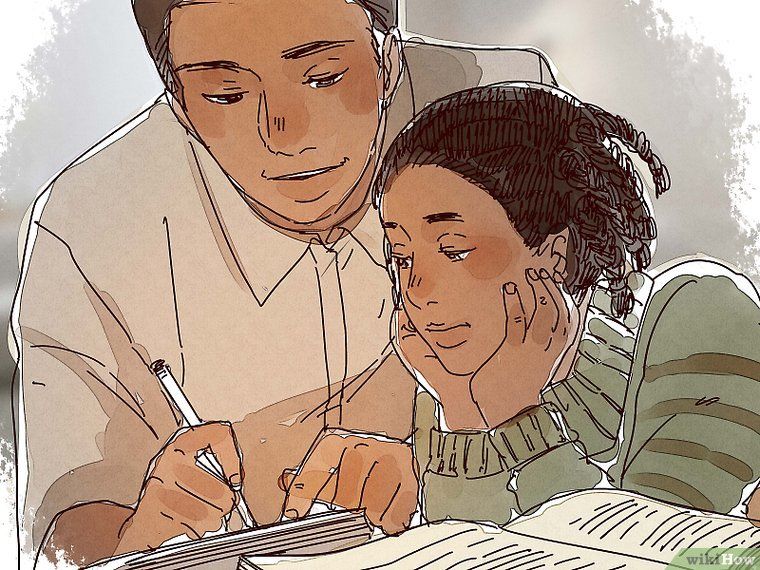 Lock the boxes in which valuables are stored with a key, if possible, keep money on bank cards. If the theft of a child has not yet become public knowledge, then it makes sense, without naming the real problem, to raise the issue of the safety of storing personal belongings at school, for example, organizing lockers.
Lock the boxes in which valuables are stored with a key, if possible, keep money on bank cards. If the theft of a child has not yet become public knowledge, then it makes sense, without naming the real problem, to raise the issue of the safety of storing personal belongings at school, for example, organizing lockers. 
 | End
| End  | End | All
| End | All 